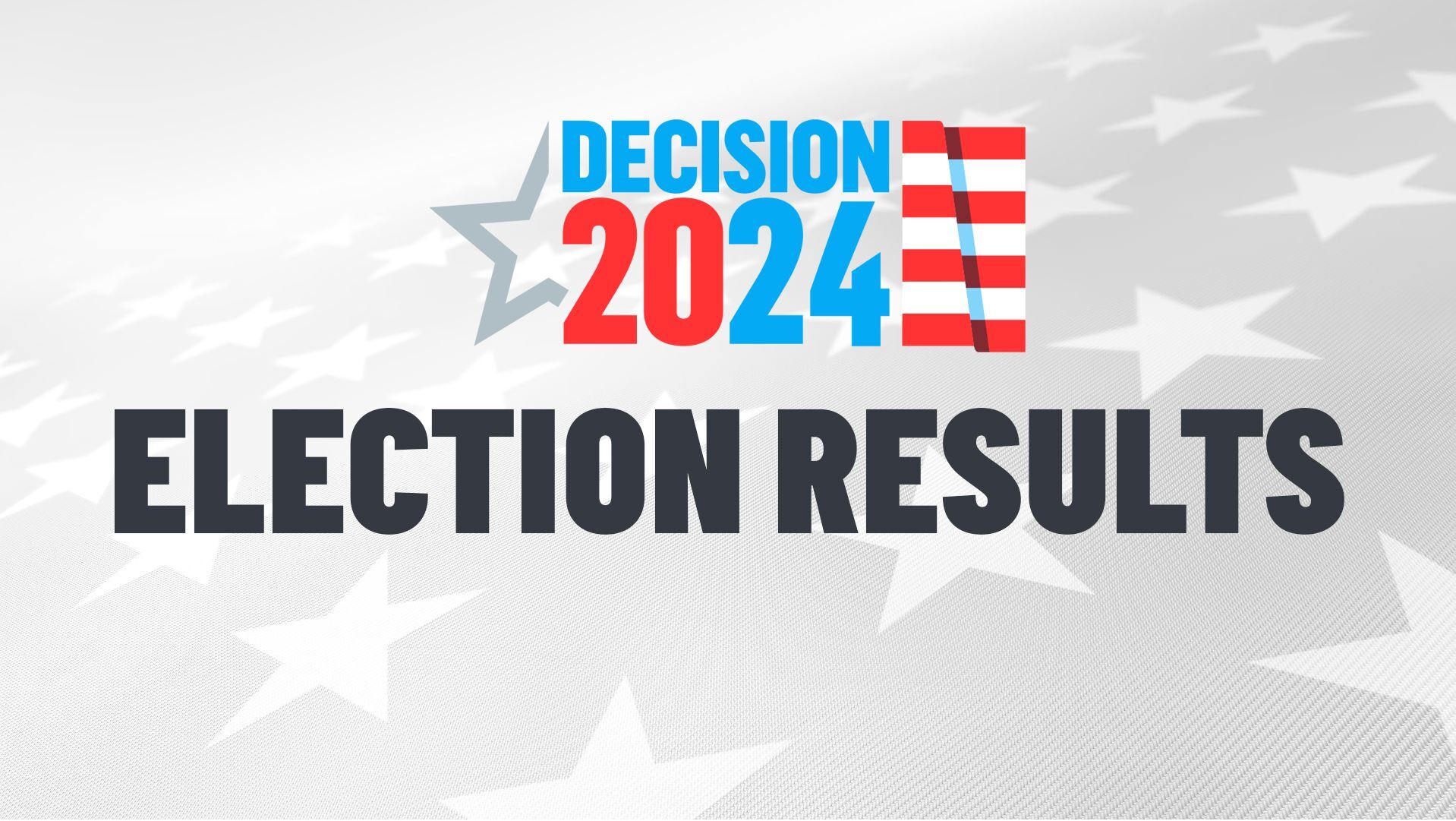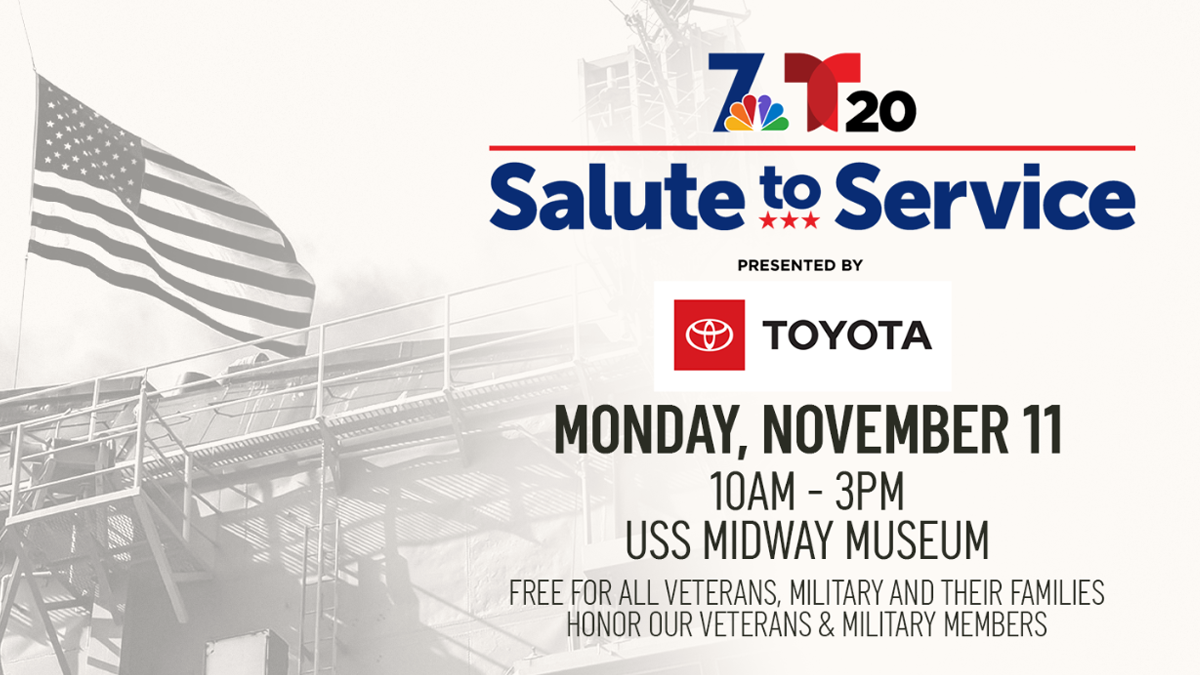The Federal Government has now set aside roughly $660 billion through two rounds of the Paycheck Protection Program, or PPP.
The money is meant to help America's small businesses reeling from the financial impacts of COVID-19.
With an estimated 30 million small businesses across our country, it would mean roughly $2,200 per business if everyone got a slice of the pie.
Clearly, that wouldn't put a dent into most business's bottom line. The reality is some businesses will get the loans, which can be forgiven if they're used for specific things like payroll, and other businesses will not.
So who decides who gets the money and who gets left out?
Ultimately America's banks and credit unions have the power and the process hasn't been entirely transparent for many "mom and pops" on the outside looking in.
Dan Yates, CEO of Endeavor Bank, a smaller regional bank based in downtown San Diego says it may ultimately come down to relationships.
Yates has been working seven days a week at all hours of the day responding to his clients who have questions and concerns about how to apply for the loan program.
Local
"If you get down to the community banks, I would say the majority are very much focused on their clients first and only after their own clients are taken care of, regardless of size, then they would go to the next filter which is a business owner looking to become a client of that bank," said Yates.
In some cases, smaller banks have been able to better serve their clients during the PPP process because larger banks don't have the manpower to respond and have relied on automated portals. Small business owners trying to get through to an actual person at a big bank haven't got much luck.
So how do the big banks decide which clients get to the front of the line in the PPP?
"One, in particular, set a dollar amount and a number of employees to make their cut. Another bank of equal size, not naming names, delegated to different departments, gave corporate groups a certain amount of money and their business banking group another allocation and let those departments make those decisions" said Yates.
One thing all banks have in common - they've continued processing loan applications knowing the second round of funding from the federal government would eventually be released.
Now that the second round is on America's doorstep, the anxious waiting game begins.
The Small Business Administration, which approves loan applications, on behalf of the lenders is expected to reopen its portal Monday, April 27th at 7:30 a.m. pst.
Yates says with so many of those loans ready to go, the funds will likely dry up in a matter of hours, not days.
"One of the distinguishing tip-offs to that, which I've never seen before, is the president of the American Banking Association has asked the treasury to give all bankers one hour notice before they officially open the window. You might ask 'why would you do that'? It's because they know the funds will go so fast they want to give every bank a chance to have their finger on the trigger to push the loans through" said Yates.
Yates says if a small business owner hasn't already had their loan application pre-approved through a lender it's likely too late.
"I received an email yesterday from all the San Diego based community bank CEOs and one of the large portals has been accepting applications for weeks. They've come to the local banks and said 'we have hundreds of applications, we've already received and reviewed them, we've got all the compliance work, would you like to have several million of that? and we all said 'no, we're all full,'" said Yates.
Yates said 3 out of 4 businesses who received funding during round one of the PPP had loan sizes below $150,000, meaning the bulk of the loans likely went to your more typical "mom and pop" businesses.
However, most of the actual dollars went to larger businesses.
Yates said loans of more than $150,000 accounted for 83% of the initial PPP.
The coming days and weeks will reveal which small businesses get a lifeline with money from round two of the program.
For those who don't, it may sadly be a knockout blow.



